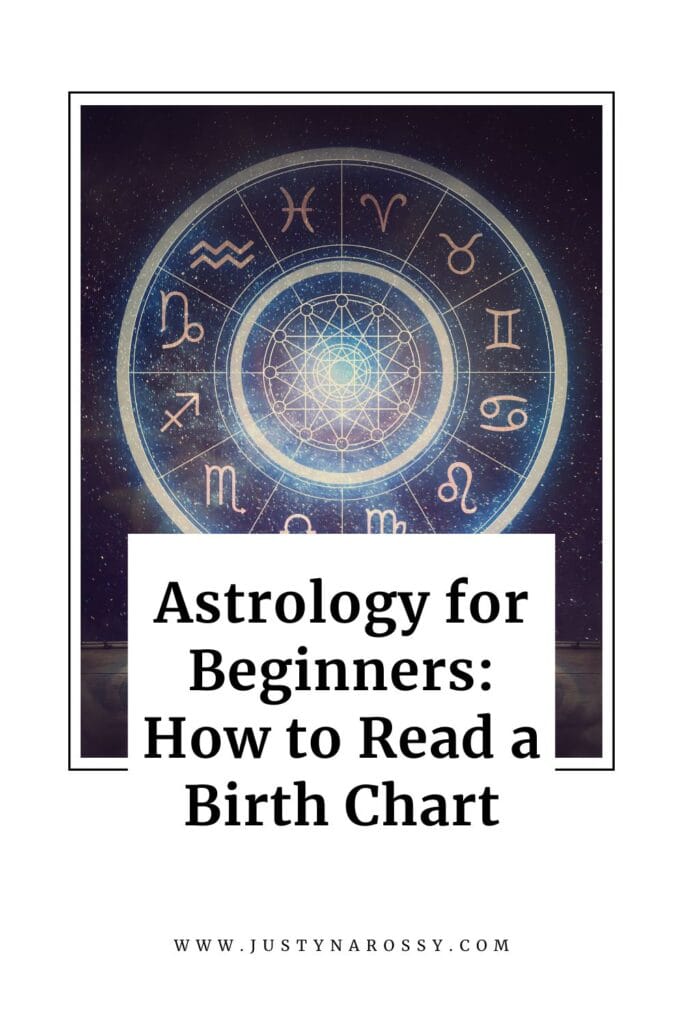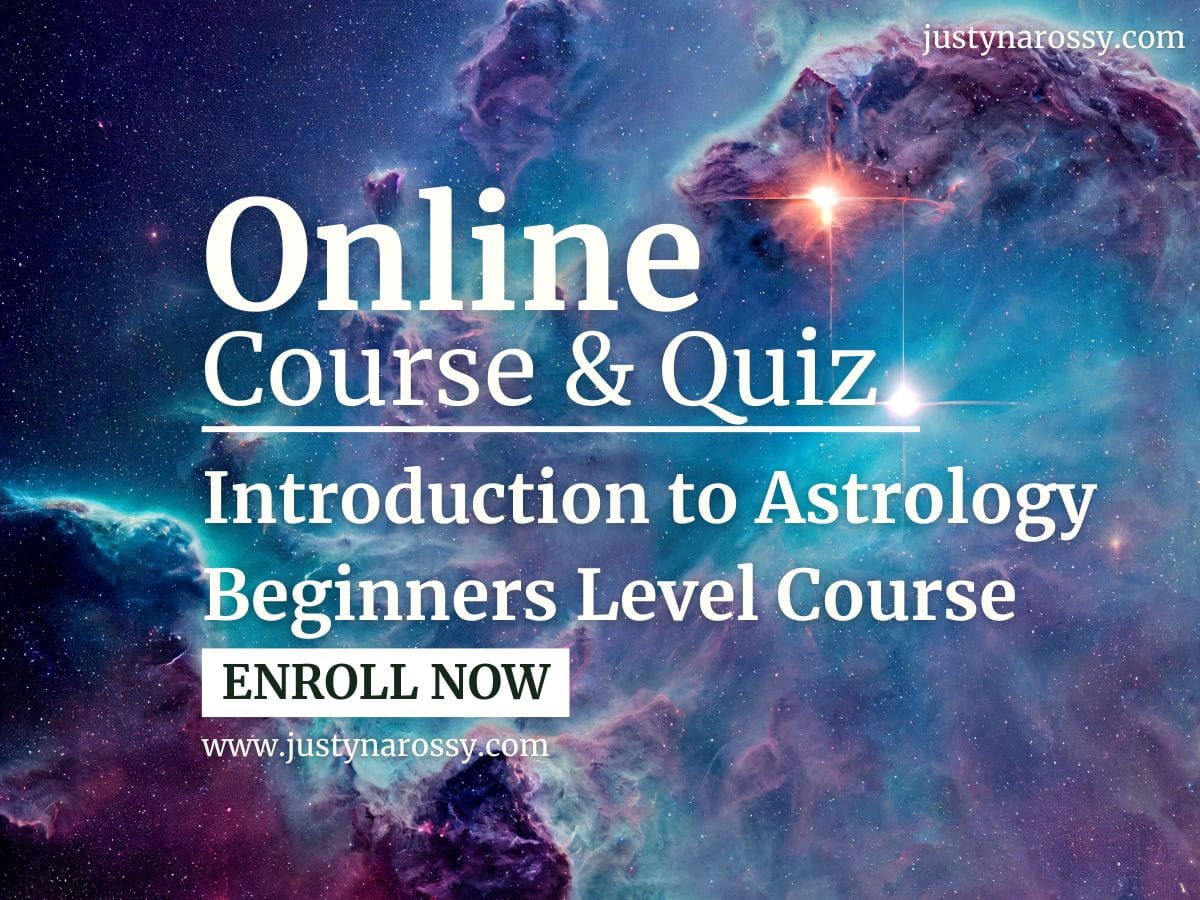
Astrology offers deep insights into personality, life purpose, and relationships by analyzing the position of the planets at the exact moment of birth. A birth chart, also known as a natal chart, is a snapshot of the sky at that moment and serves as the foundation for interpreting an individual’s astrological blueprint. If you’re new to astrology, learning how to read a birth chart can feel overwhelming at first, but breaking it down step by step makes it easier to understand the powerful insights it provides.
What Is a Birth Chart?
A birth chart is a circular diagram that represents the positions of the Sun, Moon, planets, and astrological houses at the time and location of your birth. Each planet’s placement within a zodiac sign and house reveals information about different areas of your life, personality traits, and tendencies.
To generate a birth chart, you’ll need:
- Date of birth
- Time of birth
- Location of birth
Use this free birth chart tool to generate your birth chart.
House Systems in Astrology
As you embark on your astrology journey, you’ll find that there are various house systems to choose from, each offering a unique way to divide the chart. For many beginner astrology learners, Placidus tends to be the most popular choice due to its widespread use in modern astrology. However, exploring other systems like Whole Sign or Equal Houses can provide valuable perspectives as different systems offer unique approaches to chart interpretation.
Key Components of a Birth Chart
The Zodiac Signs The zodiac is divided into 12 signs, each with its own unique characteristics. These signs—Aries, Taurus, Gemini, Pisces—are crucial in interpreting your birth chart. The sign each planet falls into influences how you express that planet’s energy.
The Planets and the Luminaries: The Sun, Moon, and planets in your birth chart represent different aspects of your personality and life. Here’s a quick overview of their significance:
- Sun: Your core identity, ego, and life purpose.
- Moon: Your emotional nature and subconscious feelings.
- Mercury: Communication style and thought processes.
- Venus: Love, relationships, and aesthetics.
- Mars: Drive, passion, and assertiveness.
- Jupiter: Expansion, growth, and wisdom.
- Saturn: Discipline, responsibility, and challenges.
- Uranus: Innovation, rebellion, and change.
- Neptune: Imagination, dreams, and spirituality.
- Pluto: Transformation, power, and deep psychological changes.
The Houses The birth chart is divided into 12 houses, each representing different areas of life, such as career, relationships, and personal growth. For beginners, it’s important to understand that where planets fall in these houses shows where you are most likely to experience the energies of each planet.
- 1st House: Represents your outward personality and how others see you.
- 2nd House: Finances, values, and personal possessions.
- 3rd House: Communication, learning, and immediate environment.
- 4th House (IC): Home, family, and emotional foundations.
- 5th House: Creativity, romance, and self-expression.
- 6th House: Health, daily work, and routines.
- 7th House (Descendant): Partnerships, marriage, and close relationships.
- 8th House: Transformation, shared resources, and intimacy.
- 9th House: Travel, philosophy, and higher education.
- 10th House (MC): Career, public life, and reputation.
- 11th House: Friendships, social networks, and aspirations.
- 12th House: Secrets, spirituality, and the subconscious.
The Aspects Aspects refer to the angles the planets form with one another in your birth chart. These angles indicate how different planetary energies interact and can either create harmony or tension. Common aspects include:
- Conjunction (0°): When two planets are in the same sign, their energies combine.
- Square (90°): Tension or challenges between planets.
- Trine (120°): Harmonious flow between planetary energies.
- Opposition (180°): Conflict that requires balance between two planets.
How to Start Interpreting Your Birth Chart
- Identify Your Sun, Moon, and Rising Sign – Start by identifying your Sun sign (your core personality), Moon sign (your emotional nature), and Rising sign or Ascendant (how you present yourself to the world). These three placements form the core of your personality and offer a great foundation for further exploration.
- Analyse the Houses – Next, look at which houses the planets fall into. This tells you where in your life you will express the qualities of each planet. For example, if your Venus is in the 5th House, you may find that love and creativity are intertwined, or you may enjoy artistic pursuits in romance.
- Aspects – Check for any significant aspects between planets. These aspects indicate how planetary energies influence each other and how they manifest in your life. A trine between your Moon and Venus, for example, suggests an easy flow between your emotions and your relationships.
- Elements and Modalities – Each sign belongs to one of four elements—Fire, Earth, Air, or Water—and one of three modalities—Cardinal, Fixed, or Mutable. Understanding the dominant elements and modalities in your chart gives insight into your overall approach to life. For instance, if your chart is heavy in Fire signs, you may be more dynamic, passionate, and action-oriented.
Reading a birth chart can seem complex, but by breaking it down step by step—starting with the zodiac signs, planets, houses, and aspects—you can begin to decode the deeper aspects of your personality and life path. Whether you’re interested in understanding yourself better or exploring astrology for spiritual growth, learning how to read a birth chart offers a powerful tool for self-discovery. As you become more familiar with your own chart, you’ll start to notice how astrology reveals patterns and opportunities in your life.

Read More
- 10th House Stellium in Astrology
- Astrology for Beginners: How to Read a Birth Chart
- Aspects in Astrology
- Modalities in Astrology: Cardinal, Fixed and Mutable
- The South Node in the Signs and Your Past Life
- The Grand Cross in Astrology
- Midheaven in Astrology
- Your Sun, Moon and Rising Sign
- Progressed Moon in the Houses
- 11th House in Astrology

Welcome! 🌟 My name is Justyna, and I use Astrology as a tool to help others navigate various aspects of life. Whether you’re seeking clarity about your life purpose, the best career match, marriage, business ventures, or any area that brings fulfillment, I’m here to guide you. If you’re interested in booking a personal astrology reading, you can visit my website: www.justynarossy.com. In addition to personalized readings, I also share weekly and monthly insights on my YouTube Channel. Feel free to explore my work on Medium, Subscribe to my monthly newsletter and if you find what I do helpful, you can show your support by buying me a coffee! ☕Thank you for stopping by, and I look forward to connecting with you! 😊